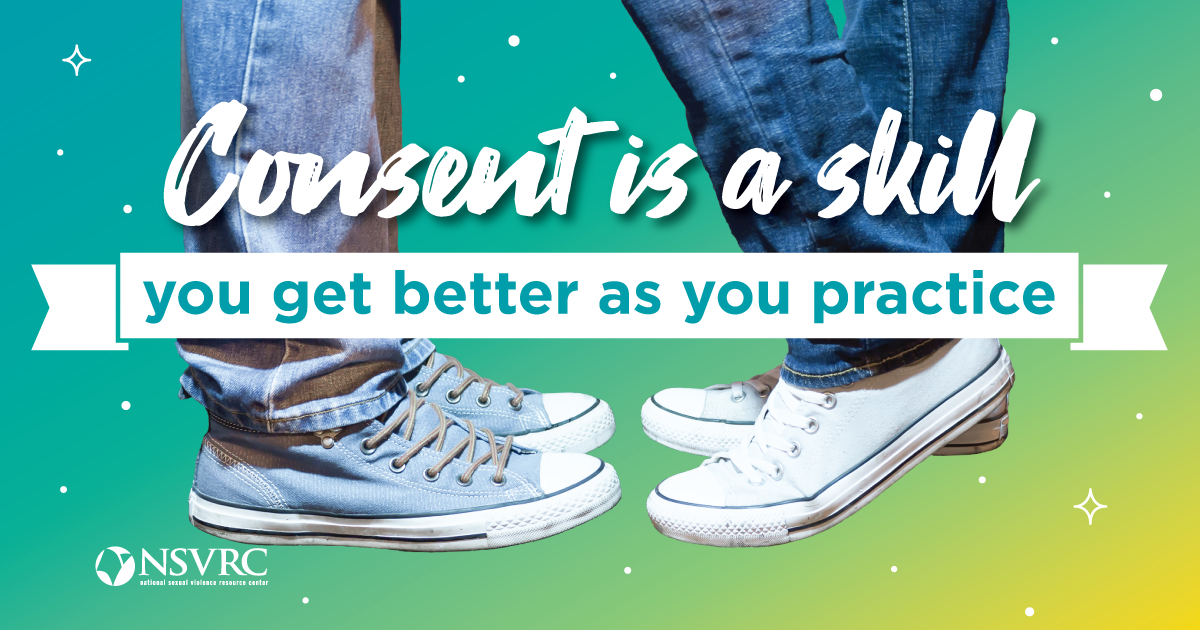*Content warning: sexual violence and trauma
Providing support to survivors of sexual violence is extremely important. You don’t have to be an expert on the issue to respond with compassion when someone confides in you about their experience with sexual violence. It can be a big decision for a survivor to choose to share their story, and if they confide in you, it likely means that they trust you.
If someone reaches out to you in the immediate aftermath of experiencing violence, the first step is to ensure the survivor is safe and not in immediate danger. If you or someone you know is experiencing an emergency, please call 911 or go to the nearest emergency room. You can also reach out to the Sexual Assault Response Network of Central Ohio (SARNCO) for support during this time. You can reach SARNCO’s statewide helpline at 1-844-OHIO-HELP and their local (Franklin County) helpline at 614-267-7020.
Once you have established safety, do your best to remain present, engaged, authentic, and genuine in your response. Start by believing. Practice active listening. Be patient and eliminate distractions. It can be important to express general themes of compassion, support, belief, nonjudgment, and validation.
Some examples of supportive responses you can offer when someone tells you they have experienced sexual violence include:
- “Thank you for sharing your experience with me.”
- “It takes a lot of courage for you to share this experience.”
- “I believe you.”
- “This wasn’t your fault.”
- “You didn’t deserve this.”
- “I’m sorry this happened to you.”
- “I’m here for you.”
- “How you are feeling is valid.” or “Your reaction is completely valid.”
- “You are not alone.”
There are also some other reminders to keep in mind as you have this conversation. First and foremost, let the survivor guide the conversation. Be patient and gentle with them. Focus on listening. This may involve sitting in silence and respecting their pace, as well as allowing or encouraging them to take a break when needed. Do not try to fix the situation or jump to action – just focus on being present with them and offering support and validation.
Don’t ask for details or pressure the survivor to share more information than they are comfortable disclosing. Follow the survivor’s lead and use the same language that they are using to describe their experience when you are talking to them. Don’t judge their reactions or emotions. Experiencing trauma can lead to a variety of valid responses, which can include anger, fear, confusion, sadness, numbness, and many others. Remind them that their experiences, reactions, and emotions are valid no matter how they may be feeling.
Don’t give unprompted advice or offer suggestions unless you are specifically asked to do so. Instead, ask the survivor how you can best support them and let them define their wants and needs. You can also ask if they would like to look into what resources and options are available. Try to always ask permission before providing information. Asking for permission and letting the survivor take the lead can help to re-establish a sense of control and autonomy after their consent has been violated. If they say no, respect their decision. Do not judge their choices. It is completely up to the survivor what steps they take, including whether they want to report their experience or seek services.
If you are serving in a capacity in which you are a mandatory reporter, gently inform the survivor of this role and explain what it means. If you are not, keep the survivor’s story confidential. Their story is theirs to tell, and it is up to them when they decide to share their story, as well as to whom and when they want to share their story.
Finally, as a support person, it is important to care for yourself. Please remember that there are resources available for you as well. Many helplines, including SARNCO’s, are available to support co-survivors and loved ones.
If you or someone you know has experienced sexual violence, you are not alone.
Resources
On-Campus Resources
- Counseling and Consultation Service (CCS)
- Department of Public Safety – OSUPD
- STAR Trauma Recovery Center (TRC)
- Student Legal Services
- Title IX in the Office of Institutional Equity: Sexual Misconduct Response and Prevention
- Wexner Medical Center
Community Resources
- Buckeye Region Anti-Violence Organization (BRAVO)
- Call 1-866-862-7286 or text 614-333-1907 to reach BRAVO’s helpline weekdays from 9:00am-5:00pm
- Mount Carmel Crime & Trauma Assistance Program
- Sexual Assault Response Network of Central Ohio (SARNCO)
- 24-Hour Local Helpline: 614-267-7020
- 24-Hour Statewide Helpline: 1-844-OHIO-HELP (844-644-6435)

References:
- https://oaesv.org/wp-content/uploads/2021/03/responding_to_disclosures_of_a_recent_incident_of_sexual_violence_-_fillable.pdf
- https://nscs.learnridge.com/wp-content/uploads/2017/05/Responding-to-a-Disclosure-of-SV.pdf
-Lucy Hennon, Graduate Student Assistant



